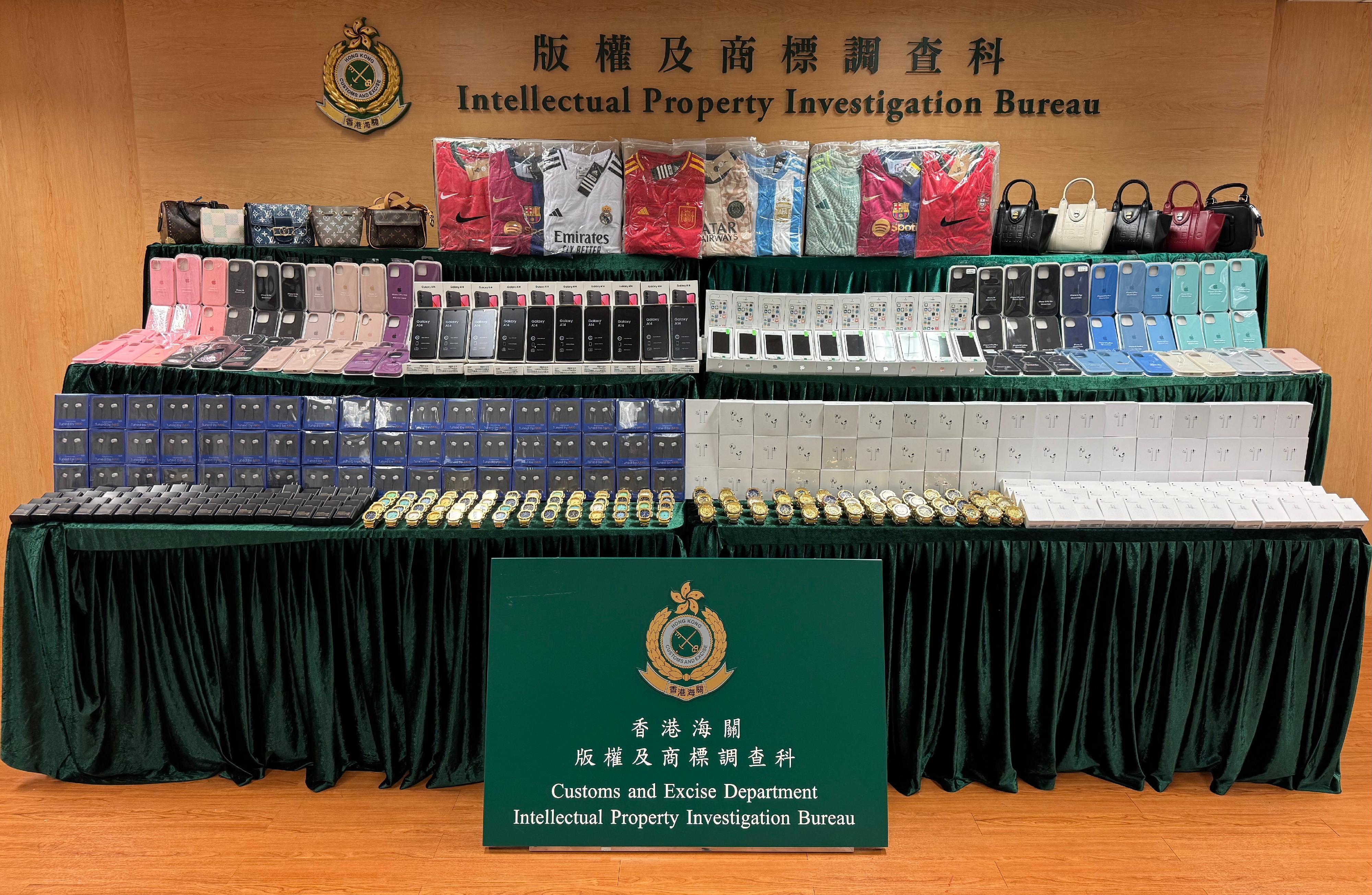Gazettal of Stablecoins Bill
The Government published in the Gazette today (December 6) the Stablecoins Bill, which seeks to put in place a regulatory regime for issuers of fiat-referenced stablecoins (FRS) in Hong Kong.
The Bill aims to enhance the regulatory framework for virtual asset (VA) activities, by addressing the potential financial stability risks posed by FRS, ensuring adequate user protection, and harnessing the potential benefits of VAs and their underlying technologies. Under the proposed licensing regime, any person carrying on any of the following activities has to be licensed by the Monetary Authority (MA):
(i) issuing FRS in Hong Kong in the course of business;
(ii) issuing FRS that purport to maintain a stable value with reference to Hong Kong dollars in the course of business; or
(iii) actively marketing the person's issue of FRS to the public of Hong Kong.
The Bill also seeks to provide the MA with necessary supervision, investigation and enforcement powers for effective implementation of the regime.
The Secretary for Financial Services and the Treasury, Mr Christopher Hui, said, "The legislative proposal is essential for Hong Kong in fulfilling our obligations as a member of the Financial Stability Board. Adhering to the 'same activity, same risks, same regulation' principle, this risk-based proposal aims to promote a robust regulatory environment, which is in line with Hong Kong's approach to VA development."
The Chief Executive of the Hong Kong Monetary Authority, Mr Eddie Yue, said, "We have undertaken extensive consultations and given due consideration to the views of the industry when formulating the details of the regulatory regime. We believe that a well-regulated environment is conducive to the sustainable and responsible development of the stablecoin ecosystem in Hong Kong."
The Bill will be introduced into the Legislative Council for first reading on December 18.
